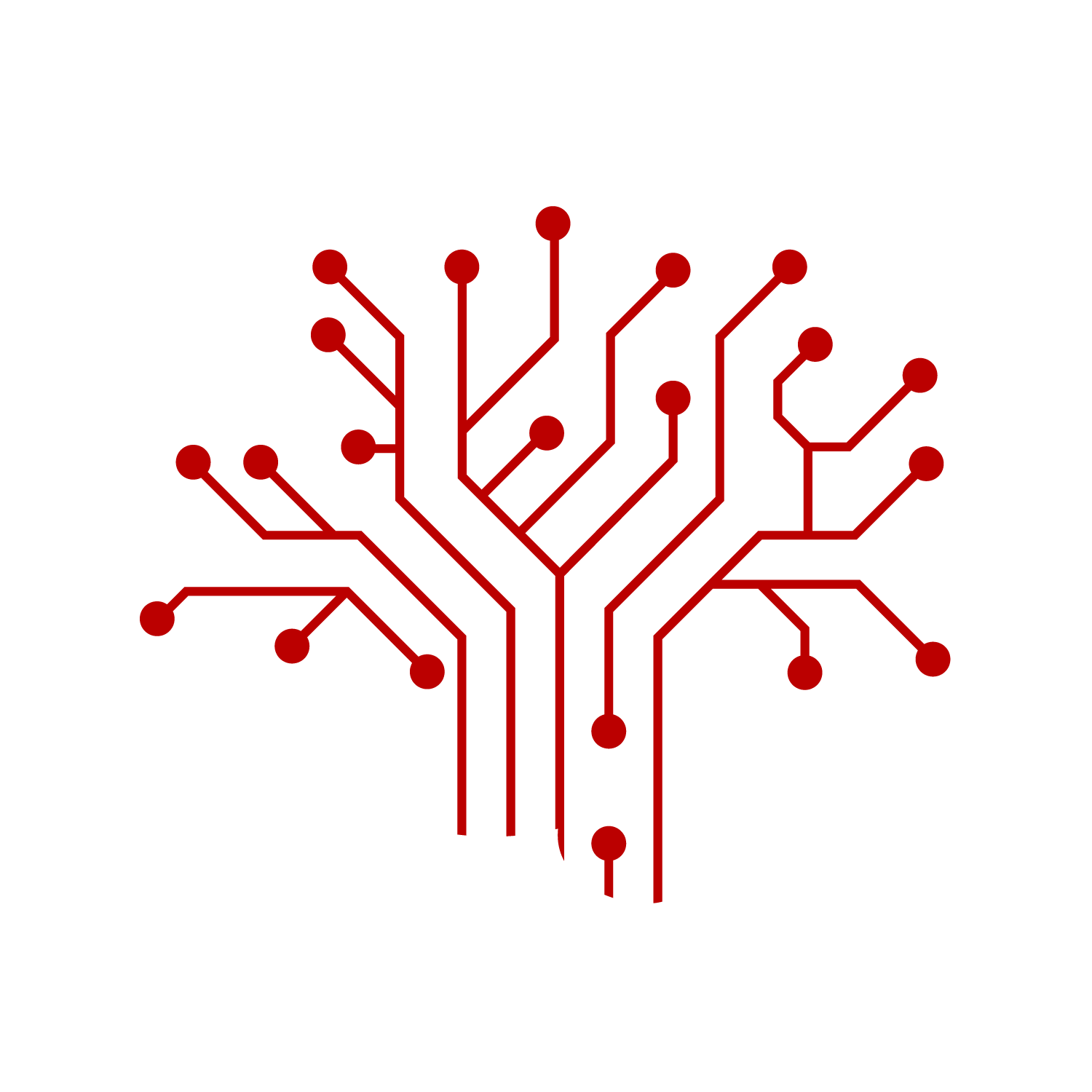Neuroscience Institute Distinguished Speaker Series
The Neuroscience Institute is honored to host distinguished lecturers on research topics that include cognitive, systems, or computational neuroscience or neuro-tech and engineering.
Previous Speakers
May 7, 2025 12:00
David Robbe
David Robbe is an INSERM research director and leads the "Cortico-Basal Ganglia Circuits and Behaviour" team at the Institute of Neurobiology of the Mediterranean (INMED, Marseille).
April 24, 2025 11:30AM
Tom Griffiths, Ph.D.
Professor of Psychology and Computer Science
Director of the Computational Cognitive Science Lab and Princeton Laboratory for Artificial Intelligence
Princeton University
March 20th, 2025
Tatiana Engel
Assistant Professor, Princeton University Neuroscience Institute
Talk Title: Unifying neural population dynamics, manifold geometry, and single-cell selectivity
December 5, 2024
Andrew Pruszynski, Western
October 10th, 2024
Eva Dyer, Ph.D.
Associate Professor, Biomedical Engineering, Georgia Tech
Talk Title: Large-scale pretraining on neural data allows for transfer across individuals, tasks and species
January 18, 2024
Anne Churchland
Professor of Neurobiology, UCLA
Talk Title: Movements and engagement during decision-making
November 16, 2023
Jörn Diedrichsen
Western Research Chair for Motor Control and Computational Neuroscience Brain and Mind Institute, Department for Computer Science, Department for Statistical and Actuarial Sciences
University of Western Ontario
Talk Title: What is the function of the human cerebellum? Studying cortico-cerebellar loops across functional domains.
October 26, 2023
Jonathan Pillow
Professor of Neuroscience, Princeton University
September 28, 2023
Jennifer Groh
Professor of Psychology & Neuroscience, Neurobiology, Computer Science, and Biomedical Engineering, Duke University. Lab Director of the SPACE Lab
Talk Title: Computing the Location(s) of Sounds in the Visual Scene
Location: Mellon Institute 328 & Zoom
May 25, 2023
Stéphanie Lacour
Bertarelli Chair in Neuroprosthetic Technology Laboratory of Soft Bioelectronic Interfaces (LSBI), EPFL
Location: Virtual - Zoom
4:00 p.m.
April 13, 2023
Li-Huei Tsai
Director, The Picower Institute for Learning and Memory at MIT
Picower Professor of Neuroscience, Department of Brain and Cognitive Sciences
Senior Associate Member, Broad Institute
Uncovering the Role of Alzheimer's Disease Risk Genes Using Stem Cells and Human Brains
March 2, 2023
Kia Nobre, FBA, MAE, fNASc
Chair, Translational Cognitive Neuroscience; Oxford
Director, Oxford Centre for Human Brain Activity
Professional Fellow, St Catherine's College
Turning Attention Inside Out
March 24, 2022
Helen Mayberg, M.D.
Professor, Director, Center of Advanced Circuit Therapeutics;Professor, Neurology, Neurosurgery, Psychiatry and Neuroscience; Mount Sinai Professor of Neurotherapeutics, Icahn School of Medicine at Mount Sinai
Machine Learning Strategies to Track Brain and Behavioral State Changes During DBS Treatment for Depression
March 17, 2022
Kalanit Grill-Spector, Ph.D.
Professor; Department of PsychologyChair, Department of Psychology
Wu Tsai Neurosciences Institute
Stanford University, CA
Human Visual Cortex as a Window into the Developing Brain.
March 3, 2022
Daniel Wolpert, FMedSci FRS
Professor of NeuroscienceMortimer B. Zuckerman Mind Brain Behavior Institute
Columbia University, New York
Contextual inference underlies the learning of sensorimotor repertoires.
January 27, 2022
Elizabeth A. Buffalo, Ph.D.
Professor and Chair Department of Physiology and Biophysics, University of Washington School of Medicine; Interim Associate Director for Research, Washington National Primate Research Center
Reconciling the Spatial and Mnemonic Views of the Hippocampus
May 6, 2021
Yael Niv
Professor of Psychology and Neuroscience, Princeton Neuroscience Institute
Latent causes, prediction errors, and the organization of memory
April 8, 2021
Carlos Brody
Wilbur H. Gantz III ’59 Professor of Neuroscience and Professor of Molecular Biology, Princeton University
Investigator, Howard Hughes Medical Institute.
Neural sources of individual variability in cognitive behavior
April 1, 2021
Larry Abbott
William Bloor Professor of Theoretical Neuroscience and Co-director of the Center for Theoretical Neuroscience, Columbia University
Principal Investigator, Columbia's Zuckerman Institute
Vector computations in the fly brain
March 11, 2021
Lena H. Ting
John and Jan Portman Professor of Biomedical Engineering
W.H. Coulter Department of Biomedical Engineering at Emory University and Georgia Institute of Technology
Department of Rehabilitation Medicine, Division of Physical Therapy, Emory University
Co-Director, Georgia Tech and Emory Neural Engineering Centers
What does a muscle sense? Multiscale interactions governing muscle spindle sensory signals
December 3, 2020
Michael Yartsev
Assistant Professor of Neurobiology and Engineering
Robertson Investigator, New York Stem Cell Foundation
Helen Wills Institute of Neuroscience Graduate Program
UC Berkeley Biophysics Graduate Program
UC Berkeley-UCSF Graduate Program in Bioengineering
University of California at Berkeley
Studying the Neural basis of Complex Spatial, Social and Acoustic Behaviors – in Freely Behaving and Flying Bats
May 7, 2020
Lucas Parra
Harold Shames Professor of Biomedical Engineering, City College of New York (CCNY)
Mechanisms and Optimization of Transcranial Electric Stimulation
September 17, 2019
Edward Chang
Neurological Surgery, University of California, San Francisco
The Encoding of Speech Sounds in Human Temporal Lobe

